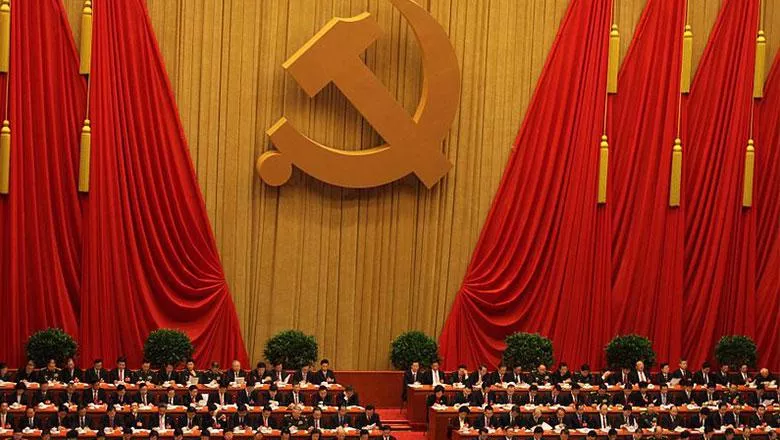29 June 2020
'Urgent need' for government strategy on China
The need has been underlined by the Covid-19 crisis

The UK government urgently needs a clear strategy for relations with China, something underlined by the Covid-19 crisis, says a new report from the Policy Institute at King’s College London.
Authored by Charles Parton OBE, a former diplomat who spent 22 years working in or on China, the report argues that the government’s approach to the country was outdated even before the coronavirus crisis, but is now even more in need of a rethink because of the Chinese Communist Party’s (CCP) “bullying diplomacy” over the pandemic.
He says that although the government recognises the need for new thinking, it needs to draw up and implement new policies without delay, and to work out a better balance between the benefits and costs of working with China.
The last official China strategy paper was produced in 2009, and was followed by a period in which the government under David Cameron prioritised economic engagement with the country above all else – an approach that is now “discredited,” the report says.
The report offers suggestions for how to develop a new China strategy and policies that stem from it. It says the government should:
- Give greater priority to UK values, interests and national security – and not allow these to be prejudiced by economic cooperation with China.
- Carry out research into precisely how vulnerable the UK is to CCP threats to reduce trade, investment, and broader economic and political relations, as such threats may be exaggerated.
- Enhance the China National Strategy Implementation Group, which currently meets at too low a level to reconcile competing priorities between government departments.
- Improve how outside experts are consulted and decisions are made on China, while being conscious of the CCP’s efforts to influence academia, think tanks and business.
- Establish an equivalent of Australia’s National Counter Foreign Interference Coordinator, to help prevent CCP interference in UK society.
- And by the end of 2020 at the latest, the government should:
- Set a policy on Chinese participation in the UK’s critical national infrastructure and revisit the Huawei 5G decision.
- Pass the delayed National Security and Infrastructure Investment bill.
- Define limits for companies and universities to cooperate with China on civilian-use technologies that may also aid the country’s military development or surveillance apparatus.
Charles Parton OBE, former diplomat and report author, said:
“Both Brexit and Covid-19 have put back the urgent work of formulating a new UK strategy for relations with China. Yet its relevance to our long-term future means that delay acts increasingly to our disadvantage. Whether or not China becomes the, or even a, superpower by the middle of the century, it will be an important power, and one which affects the UK’s future. I hope the proposals in this report can spur on government efforts to redefine its approach to this crucial relationship.”
Read the full report, Towards a UK strategy and policies for relations with China.
